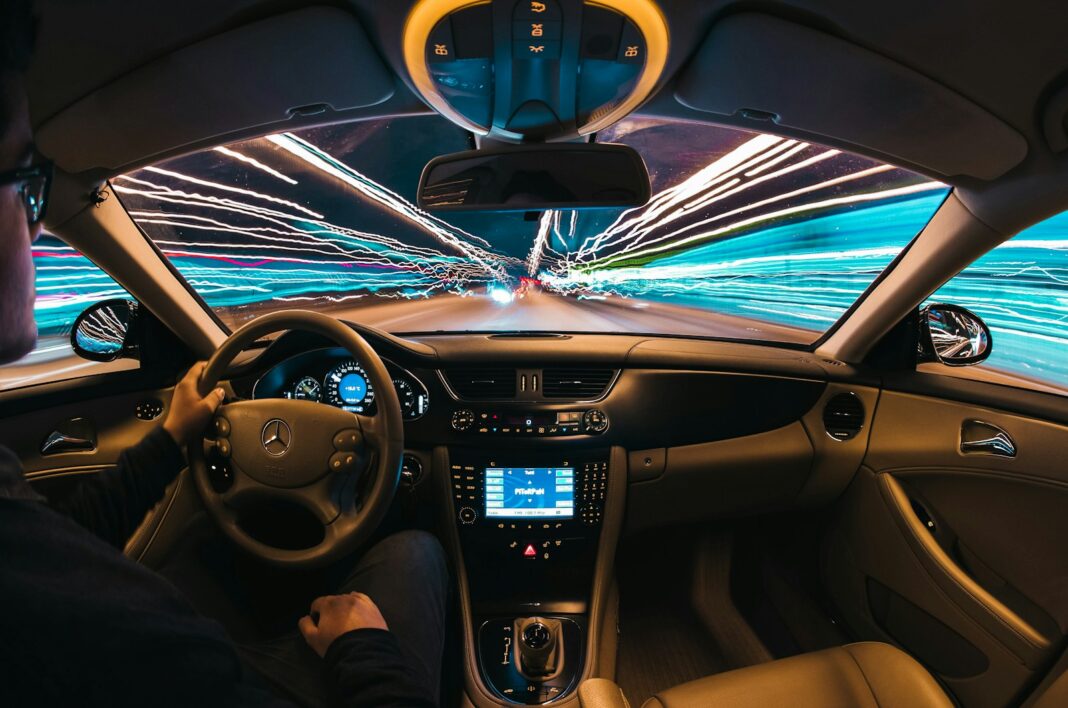Introduction
While the terms driver and chauffeur are often used interchangeably, they represent two distinct roles in transportation services. Understanding the key differences between the two helps in selecting the right service for your needs, whether for business travel, special events, or daily commutes.
In this guide, we explore the differences between a driver and a chauffeur, comparing their roles, professionalism, service quality, and industry standards.
1. Definition and Role
Who Is a Driver?
A driver is simply someone who operates a vehicle to transport passengers or goods from one place to another. This could include taxi drivers, ride-share drivers, delivery drivers, and other non-specialized transport personnel.


Who Is a Chauffeur?
A chauffeur is a professionally trained driver who provides a luxury, personalized, and high-end transport experience. Chauffeurs cater to executives, VIPs, business travelers, and special events while maintaining high standards of etiquette, appearance, and discretion.


2. Level of Professionalism
Drivers
- Typically require basic driving skills and a valid driver’s license.
- Limited customer service interaction beyond dropping off passengers.
- No formal training in etiquette, presentation, or luxury service.
- Focuses mainly on efficiency rather than an elevated experience.
Chauffeurs
- Professionally trained in driving, customer service, etiquette, and security.
- Maintain a high standard of dress code, often wearing formal attire.
- Offer door-to-door assistance, including handling luggage and opening doors.
- Provide a personalized experience with attention to client preferences.
Key Difference: Chauffeurs go beyond transportation—they provide luxury service, discretion, and professionalism.
3. Type of Vehicle Used
Drivers
- Operate regular or economy-class vehicles.
- Commonly used for ride-sharing, taxis, and public transport services.
- Vehicles may have minimal amenities beyond basic seating and climate control.
Chauffeurs
- Drive high-end, luxury vehicles, such as:
- Rolls-Royce, Bentley, Mercedes-Benz S-Class
- BMW 7-Series, Audi A8, Cadillac Escalade
- Limousines and executive SUVs
- Vehicles are well-maintained, spotless, and equipped with premium amenities like:
- Complimentary Wi-Fi, bottled water, leather interiors
- Privacy partitions, climate control, custom seating arrangements
Key Difference: Chauffeurs drive luxury or executive vehicles, while drivers operate standard or economy vehicles.
4. Service Quality and Customer Experience
Drivers
- Focus primarily on getting passengers to their destination with no added services.
- Often follow pre-set routes and GPS navigation.
- Limited customer engagement; interactions are usually brief and functional.
Chauffeurs
- Offer a bespoke experience, tailored to client needs.
- Plan routes in advance to ensure smooth, efficient travel.
- Provide extra services such as:
- Assisting with luggage
- Adjusting temperature/music preferences
- Providing security and VIP treatment
- Chauffeurs maintain politeness, discretion, and confidentiality for high-profile clients.
Key Difference: Chauffeurs prioritize hospitality, luxury, and client satisfaction, while drivers focus solely on transportation.
5. Training and Qualifications
Drivers
- Require a standard driver’s license (commercial licenses for taxis, buses, or delivery trucks).
- Minimal training beyond basic driving skills.
- No certification in customer service, security, or VIP transport.
Chauffeurs
- Undergo specialized chauffeur training programs, covering:
- Professional driving techniques
- Luxury service etiquette
- Defensive driving and safety protocols
- VIP and executive handling
- Often licensed and insured under stricter regulations than regular drivers.
Key Difference: Chauffeurs receive professional training in high-end service, safety, and etiquette.
6. Cost and Pricing Differences
Drivers (Standard Transportation Services)
- Generally affordable and metered/fixed fares (e.g., taxis, Uber, Lyft).
- Rates depend on distance, time, and location.
- No extra charges for luxury, privacy, or custom services.
Chauffeurs (Luxury Transportation Services)
- More expensive due to high-end service, vehicle quality, and exclusive experience.
- Pricing factors include:
- Vehicle type (luxury sedans, limousines, SUVs)
- Duration of service (hourly, daily, or event-based rates)
- Special requests (personalized amenities, security needs)
- Typically booked through luxury car rental services or corporate travel agencies.
Key Difference: Chauffeur services are premium-priced due to superior quality, luxury vehicles, and exclusive service.
7. When to Choose a Driver vs. a Chauffeur?
Choose a Driver If You Need:



Choose a Chauffeur If You Need:



Key Takeaway: If you need simple transportation, a driver is enough. If you want luxury, professionalism, and a premium experience, hire a chauffeur.
Conclusion
The main difference between a driver and a chauffeur lies in service quality, professionalism, and luxury experience. While drivers focus on getting passengers to their destination, chauffeurs provide an upscale, tailored, and highly professional transportation service.
Whether you need basic transport or a high-end luxury experience, choosing the right service ensures a smooth, comfortable, and satisfying ride.
For expert insights on chauffeur services, luxury car rentals, and premium travel experiences, visit CarVata, your trusted source for automotive excellence.
